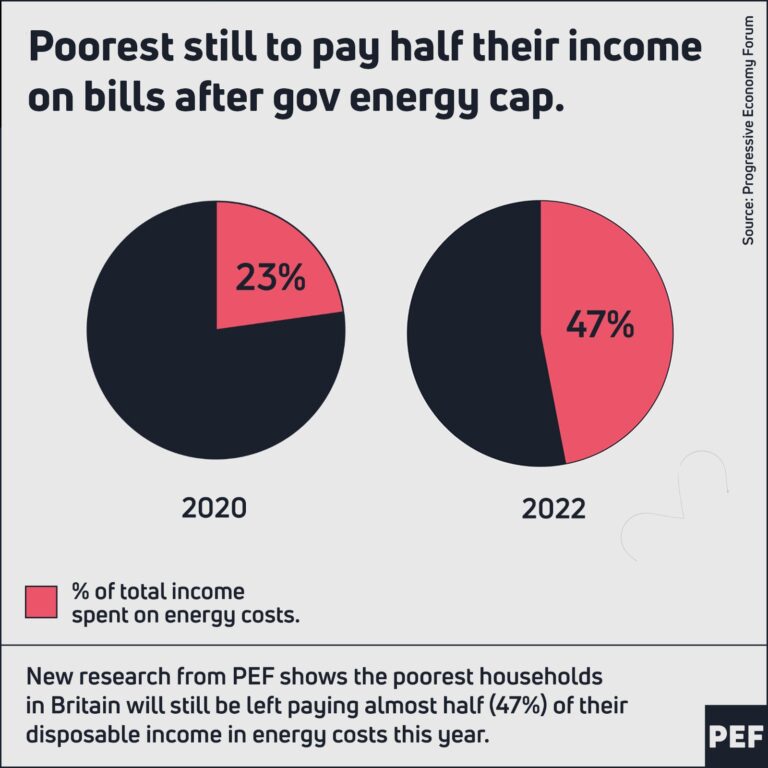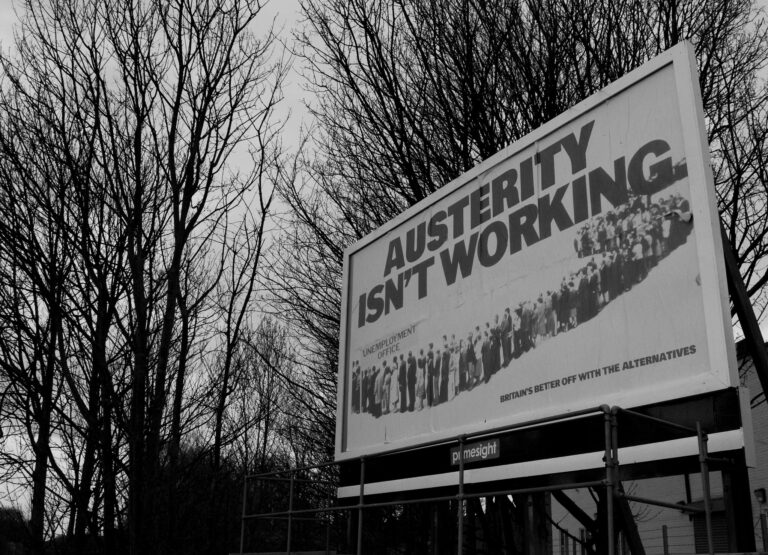News has leaked that Boris Johnson is to write millions of people out of making national insurance contributions. This would be the result of increasing the minimum contribution threshold to the weekly equivalent of £12,500 a year, which Sajid Javid has stated that is an ‘ambition’ which would ‘not necessarily’ be reached by the end of a parliament.
The gains to those making payments will be small. I am not saying nearly £500 a year is insignificant when you’re earning £12,500 a year: it very clearly is. But let’s be clear, it’s not only they who will gain. This benefit will, unless compensated for, go right up the income order to those who clearly have nothing to do with reducing a charge on those least well off in our society. It’s certain that most gains will, then, go to those not in greatest need.
And what matters at least as much as any gain to those on the lowest incomes is the state pension and other benefit consequences of this. These are massive, and all at cost to those who Johnson says should gain from this proposal.
Our state pension entitlement is still based on the number of years of earned income a person has national insurance contribution made. Technically this is not quite the same as making national insurance contributions, but the limits used for appraisal are closely linked to the national insurance system. And whilst I know there are compensatory benefits such as pension credit, but that’s not the point. Such benefits come and go. So far no one has been trying to get rid of the state old age pension, even if its value has been eroded. And now large numbers of people might have their entitlement substantially curtailed if, as I would expect, the pension entitlement threshold increase along with those for national insurance contributions. How convenient is that for a government wishing to curtail benefits and shrink what they think to be the welfare state?
And this is not the only issue. It now seems that many entitlements are based on being able to prove work has been done. Even the right to stay in the UK can now be based on this. And now many people will not need to be on payrolls, at least as far as their employers are concerned, and may well not have contribution records as a result and so will have no recourse to this evidence in the event of disputes on such issues. Where does that leave the vulnerable? More vulnerable is the very least of the answers to be provided.
I do not have a problem with reducing NIC on those on the lowest pay. But I mean reducing it and not eliminating it until such time as dependence on a payment record is also removed and proof that a person has worked as a measure of a contribution to society is eliminated.
And I do have a problem with this being lauded when very large tracts of income – from investment sources – attract no national insurance at all and so provide ample opportunities for tax avoidance for those recategorising their earnings.
There is a fundamental flaw in Johnson’s plan and that is it is designed to attack those most vulnerable in our society. That’s typical. It also needs to be said. This plan stinks of privilege with an indifference to need. That’s why I oppose it as he’s presented, and as he’s likely to present it.
Photo credit: Flickr/George Grinsted.
…








